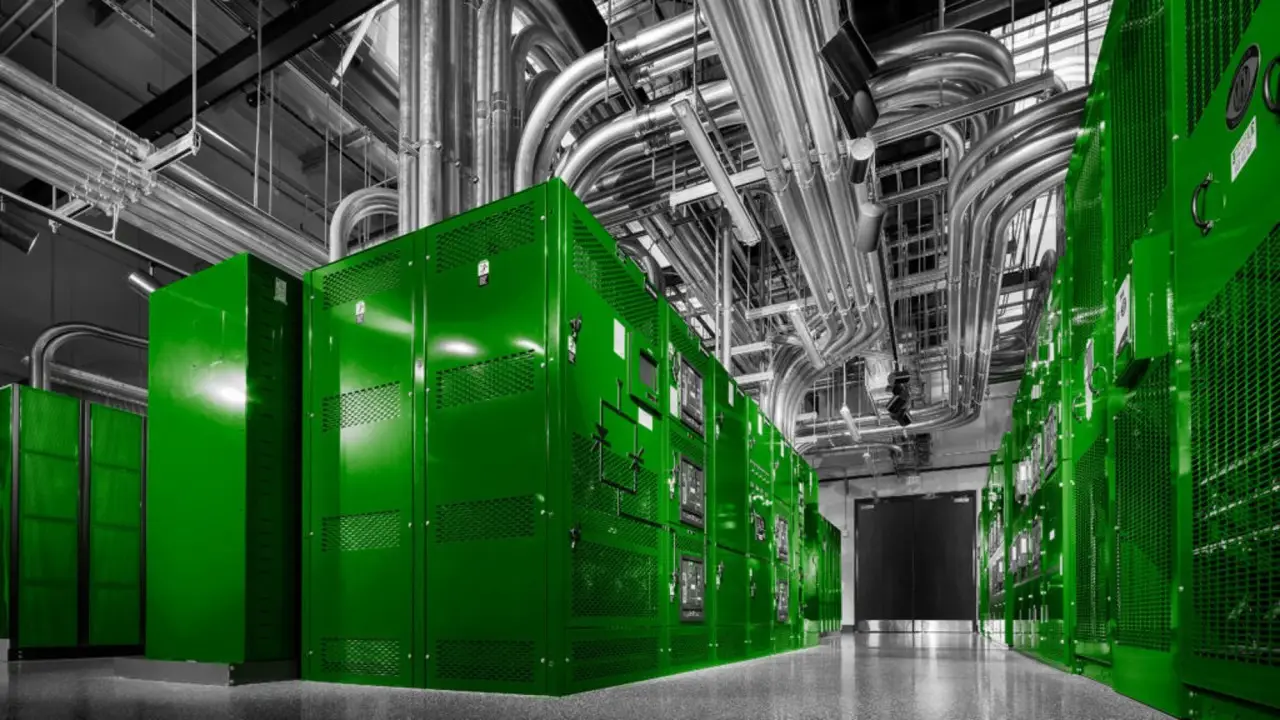Cooling Systems and Efficiency: Revolutionising Eco Data Centres
In the dynamic world of data centres, where processing power meets environmental responsibility, cooling systems play a pivotal role. As data centre operations continue to expand, innovative cooling solutions are increasingly vital to minimise energy usage and carbon emissions. In this article, we’ll delve into the fascinating realm of cooling systems used in eco data centres, exploring how they are reshaping the landscape of energy efficiency and environmental sustainability.
1. The Cooling Conundrum:
Data centres generate substantial heat due to the constant operation of servers and networking equipment. Traditional cooling systems, such as air conditioning, are notorious for their high energy consumption and significant carbon footprint. As data centres strive to become more energy-efficient and environmentally friendly, there is a growing demand for innovative cooling solutions that can effectively manage heat while minimising energy usage and carbon emissions.
2. Liquid Cooling Technologies:
Liquid cooling technologies have emerged as a promising solution to the cooling challenges faced by data centres. Unlike air-based cooling systems, which rely on fans and air conditioning units to dissipate heat, liquid cooling systems use coolant liquids to absorb and transfer heat away from servers and other equipment. By circulating chilled liquids through heat exchangers or directly immersing servers in coolant fluids, liquid cooling technologies can achieve higher levels of efficiency and precision in heat management, thereby reducing energy consumption and carbon emissions.
3. Direct Fresh Air Cooling:
Direct fresh air cooling, also known as free cooling, is another innovative approach to cooling data centres. Instead of relying solely on mechanical cooling systems, direct fresh air cooling utilises outside air to regulate temperatures within data centres. By drawing in cool, ambient air from the surrounding environment and filtering it to remove impurities, data centres can achieve significant energy savings compared to traditional air conditioning systems. Direct fresh air cooling is particularly effective in regions with temperate climates, where ambient air temperatures remain within the desired range for most of the year.
4. Evaporative Cooling Systems:
Evaporative cooling systems leverage the natural process of evaporation to lower temperatures within data centres. These systems use water to cool the air, either by evaporating water directly into the air stream or by using water-cooled chillers to cool circulating water. As water evaporates, it absorbs heat from the surrounding air, resulting in a decrease in temperature. Evaporative cooling systems are highly energy-efficient and environmentally friendly, as they consume significantly less electricity compared to traditional air conditioning systems.
5. Working Towards a Greener Future
Innovative cooling systems are revolutionising the way eco data centres operate, paving the way for a more sustainable and energy-efficient future. From liquid cooling technologies and direct fresh air cooling to evaporative cooling systems, these innovative solutions offer unprecedented levels of efficiency and environmental responsibility. As data centres continue to evolve, the adoption of innovative cooling systems will play a crucial role in reducing energy usage, minimising carbon emissions, and mitigating the environmental impact of digital infrastructure. By embracing these cutting-edge technologies, eco data centres are leading the charge towards a greener, more sustainable future for generations to come.






